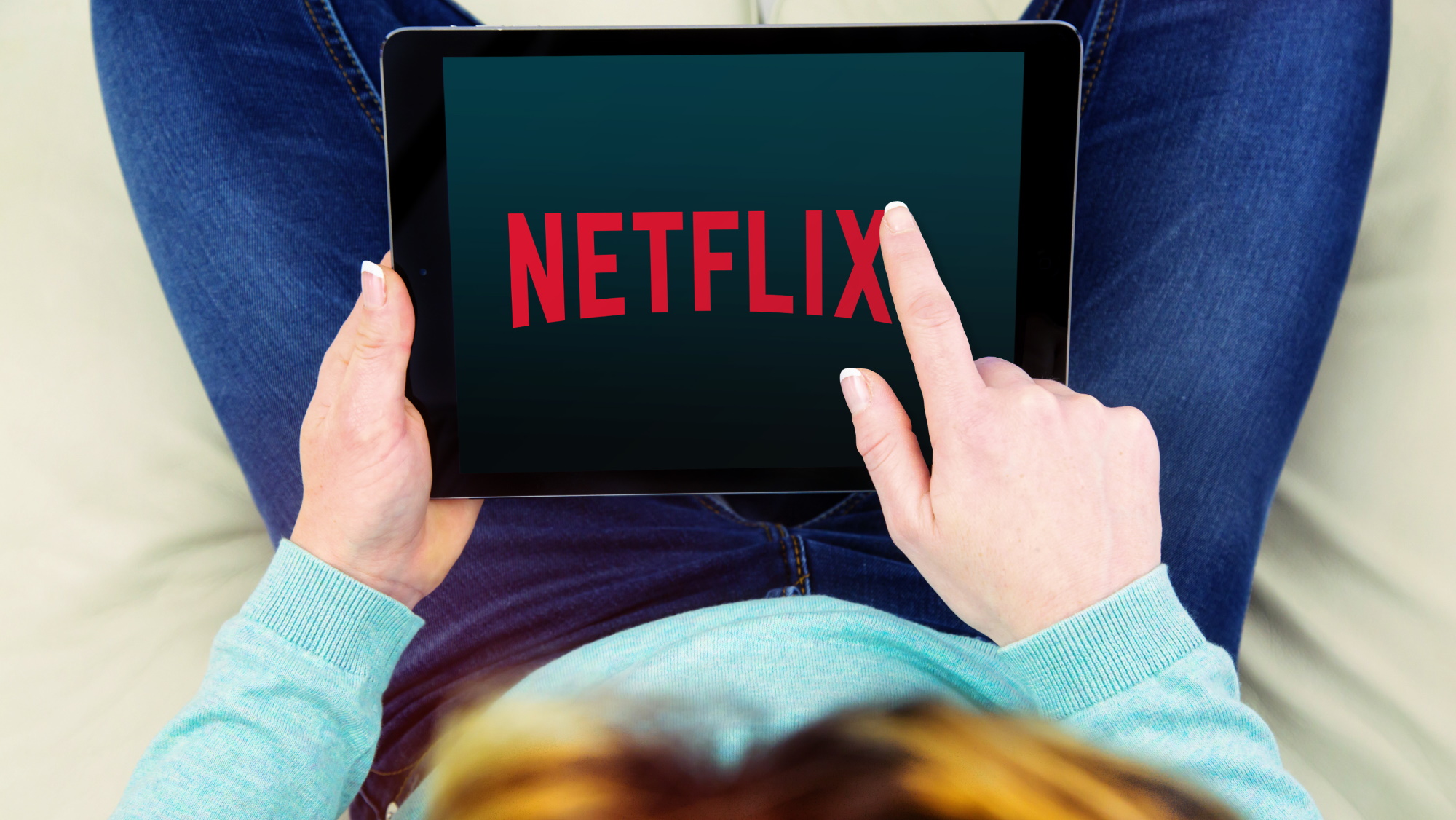Netflix’s password-sharing crackdown might be working — here's the proof
Netflix is looking set to really prevent over-sharing of accounts

Earlier this week we heard news that Netflix is expanding its crackdown on password-sharing — and revealing some details on how the system works. It’s a controversial move that many would like to see fail, but it sounds like Netflix may be experiencing some modicum of success.
That’s according to the company’s Q2 2022 earnings call, at any rate. Apparently Netflix is “encouraged” by the early findings of its account-sharing trials, and subscribers’ apparent willingness to convert to a new paid process.
According to Netflix there are over 100 million households that watch Netflix, but aren’t directly paying for it. Or, in other words, they’re sharing the cost of an account with someone else. That's not uncommon, and is something Netflix seemed to encourage at one point in its history.
The earnings call confirms that the paid account-sharing trials are an attempt to figure out how to monetize those households and boost Netflix revenue. This is understandable to a point, but also incredibly annoying considering Netflix has let it slide for so long.
“Our goal is to find an easy-to-use paid sharing offering that we believe works for our members and our business that we can roll out in 2023,” the earnings call explained. “We’re encouraged by our early learnings and ability to convert consumers to paid sharing in Latin America.”
Of course, Netflix hasn’t revealed any figures relating to these trials. Without knowing how many additional households have signed up for paid account sharing, and how many accounts have been canceled in the aftermath, it’s hard to gauge the relative success of the initiative.
We did hear reports of users canceling their subscriptions after the first wave of password sharing crackdowns. But in some of those cases the prompt to pay more was the final straw rather than the deciding factor.
Sign up to get the BEST of Tom's Guide direct to your inbox.
Get instant access to breaking news, the hottest reviews, great deals and helpful tips.
Netflix has been losing subscribers, with the earnings call confirming it had lost just under 1 million subscribers. It isn’t clear why those accounts were canceled, but a combination of factors seems like the most likely outcome.
Netflix is now infamous for canceling original shows quite early on in their run, and has produced a fair few stinkers over the years — especially movies. Prices have also increased, and at a time when large numbers of people are having to cut down spending due to rising inflation and cost of living. In other words it’s a perfect storm of problems for Netflix.
I suspect that some people will pay the extra $3 a month to add extra households to an existing account. It’s a lot cheaper than the $10 you’d have to pay for a solo subscription, and you can all carry on accessing Netflix as normal. Some people might refuse, and another (likely smaller) group may cancel for the principle of the matter.
Still, Netflix is confident the paid-sharing system is doing well enough that it can expand — though it admits it still needs to learn more. After all, this is the kind of move that you don’t want to get wrong on a wider scale. Especially in big territories like the U.S. Then again the company isn’t likely to write it off as a failure at this early stage. Certainly not until it’s explored every possible angle.
We still don’t know exactly when paid account-sharing is going to launch, but Netflix seems to have plans to expand further at some point in 2023. So stay tuned to Tom’s Guide, and we’ll bring you all the latest updates as and when we hear them.
Next: Here's how you can disable autoplay previews on Netflix and here's how to use Netflix's secret keyboard shortcuts for laptop streaming sessions.

Tom is the Tom's Guide's UK Phones Editor, tackling the latest smartphone news and vocally expressing his opinions about upcoming features or changes. It's long way from his days as editor of Gizmodo UK, when pretty much everything was on the table. He’s usually found trying to squeeze another giant Lego set onto the shelf, draining very large cups of coffee, or complaining about how terrible his Smart TV is.
